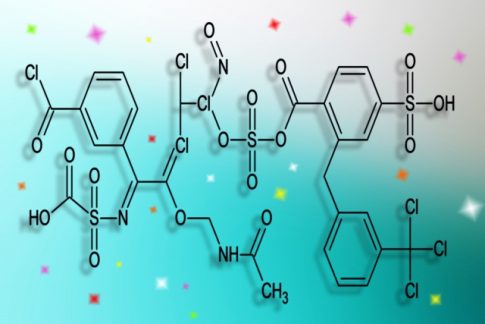
FAGA (Female Androgenetic Alopecia) is a type of androgenetic alopecia observed in women. It is characterized by specific hair loss patterns, such as thinning at the crown of the head. Below is an overview of FAGA from the perspectives of prevalence, age of onset, causes, heredity, progression, and treatment.
1. Prevalence
FAGA is one of the most common types of hair loss in women. Its prevalence increases with age, particularly affecting women over the age of 40. Statistics show that approximately 40% of women over 50 experience some form of FAGA.
2. Age of Onset
FAGA can develop at any age after puberty, but symptoms tend to become more noticeable in women in their 40s to 50s. The condition often worsens after menopause due to hormonal changes.
3. Causes
The primary cause of FAGA is the influence of androgens (male hormones). Although women have much lower levels of androgens than men, increased sensitivity due to aging or genetic factors can lead to hair thinning. In addition, lifestyle habits, stress, and nutritional status also contribute, making FAGA a condition influenced by multiple factors.
4. Heredity
FAGA is believed to have a genetic component. Individuals with a family history of hair loss, particularly on the mother’s side, are at higher risk of developing FAGA. Inherited sensitivity to androgens may play a significant role.
5. Progression
FAGA progresses gradually over several years. A typical pattern involves thinning at the crown or along the hair part, which slowly spreads. Unlike male-pattern baldness, women rarely experience a receding hairline. Instead, FAGA presents as diffuse thinning, often making the scalp more visible. The degree of progression varies widely among individuals, and in many cases, it may plateau at a mild or moderate level.
6. Treatment
Treatment options for FAGA include medications, topical treatments, and lifestyle interventions:
- Topical Minoxidil: This medication improves blood circulation to the scalp and promotes hair growth. It is commonly prescribed for women with FAGA.
- Spironolactone: An anti-androgen drug that suppresses the hormonal influence contributing to hair loss.
- Dietary improvements and supplements: Nutritional support, including proteins, iron, zinc, and vitamins, can help maintain healthy hair.
- PRP therapy and hair transplantation: In more severe cases, platelet-rich plasma (PRP) injections or hair transplant procedures may be considered.
FAGA is a slowly progressing form of hair loss, and early detection and intervention are essential for delaying its progression. With appropriate diagnosis and treatment, symptoms can be effectively managed.









